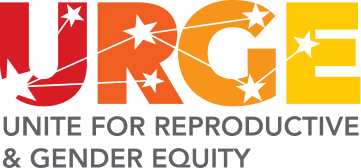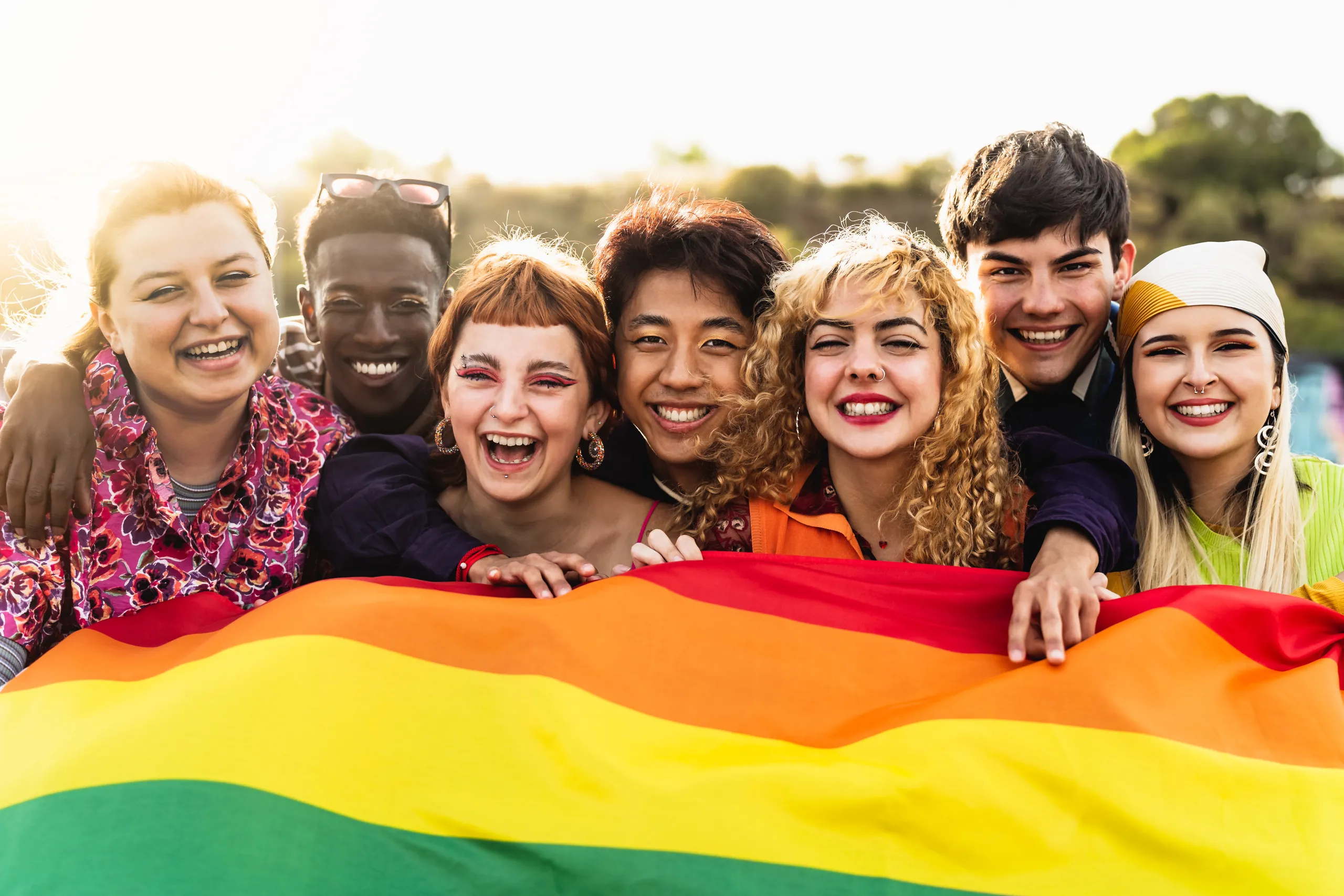
Em-URGE-ing Voices
Your urgent thoughts, urging action.
Steubenville, Rape Culture, and Male Responsibility
Masculinity and Care
Some Guys Burn Their Bras Too!: A Trans* Guy's Experiences with Privilege, Violence, and Sexual Assault
A Woman’s Issue, RIP.
4th Annual Women 2 Women Conference: Engaging and Supporting Farmworker Women
Standing on the Shoulders of Giants
Rapists: You Don’t Get To Stay Anonymous
Surprisingly Sex Positive: A Review of “For A Good Time Call”
The South And Marriage Equality, Part III: The Intersectional Blueprint Of A Movement
From abolition to the civil rights, the American South has been the battleground for many social justice movements. When a place’s past is an intricate mural depicting so many hard-won struggles against various oppressions, it’s impossible to approach any ongoing conflict with anything but an intersectional perspective, acknowledging that all resistance to social change has originated from a common ancestor: Patriarchy. Working against patriarchy means not only working toward LGBTQ rights, but also those of women, the poor, and people of color.
“Working on other issues that aren’t necessarily ‘gay issues’ may actually help to bridge whatever perceived divides there are between people of color and white gay folks. I say ‘white gay folks’ because they are “the members of the queer community most likely to be unaware of and refuse to examine their privilege,” writes college student and native Southerner Brandon Thomas at Huffington Post. “A greater focus on how intersectionality affects people of color who identify in the LGBT spectrum would benefit queer organizations all over the country, and I don’t see it happening often enough.” The blueprint to liberating queers in Southern states with constitutional bans on gay marriage is the same blueprint which will eradicate racism where segregated proms remain all too prevalent, and reinstate reproductive agency where there is only one abortion clinic left standing.
As state and national legislators alike continue to twiddle their collective thumbs over the subject of marriage equality, Southern organizers are taking action. Since 1993, Southerners On New Ground (SONG), has been determined to “build a political bridge across race, class, culture, gender and sexuality.” SONG was not only an integral part of North Carolina’s marriage equality campaign, but also took a loud and clear stance against the execution of Troy Davis, an innocent African-American inmate, in 2011. Based in Atlanta, Spark Reproductive Justice focuses on the role of queer people of color within the reproductive justice movement–a group which has all too often been excluded from dialogues surrounding birth control and sexuality. Uniting previously disenfranchised communities within Southern states ensures that a vocal minority will eventually become a solid majority.
At The Task Force’s Creating Change conference in Atlanta this past January, “queer liberation versus gay assimilation” was an ongoing subject of conversation. With an unprecedented number of Southern progressives in attendance at this year’s conference, the Southern perspective on marriage equality was pushed to the forefront. Concerns were voiced. What happens once marriage is legal? Will the movement dissolve? What’s more, given its foundations in patriarchy, is marriage even what we should be pursuing? Will marriage set us free, or bind us further? With recent instances of Human Rights Campaign, the States’ leading LGBTQ organization being transphobic and also backed by corporations of questionable morality, is the current gay rights movement really intersectional?
During last week’s Proposition 8 hearings, a spokesperson from SONG echoed these sentiments. “Many SONG family are part of the historic work around gay marriage this morning. We also have many concerns around marriage as an institution normalizing us, assimilating us, and shutting some of us out from benefits as some LGBTQ folks, while others reap them…We have to hold our ground on long-term vision while understanding and listening to how much marriage means to many LGBTQ people, including many poor, rural, and POC queers.”
While some Americans learn to be intersectional, some are just born that way. Regardless of the outcome on Prop 8, Southern activists seem uniquely invested in every voice being heard.

